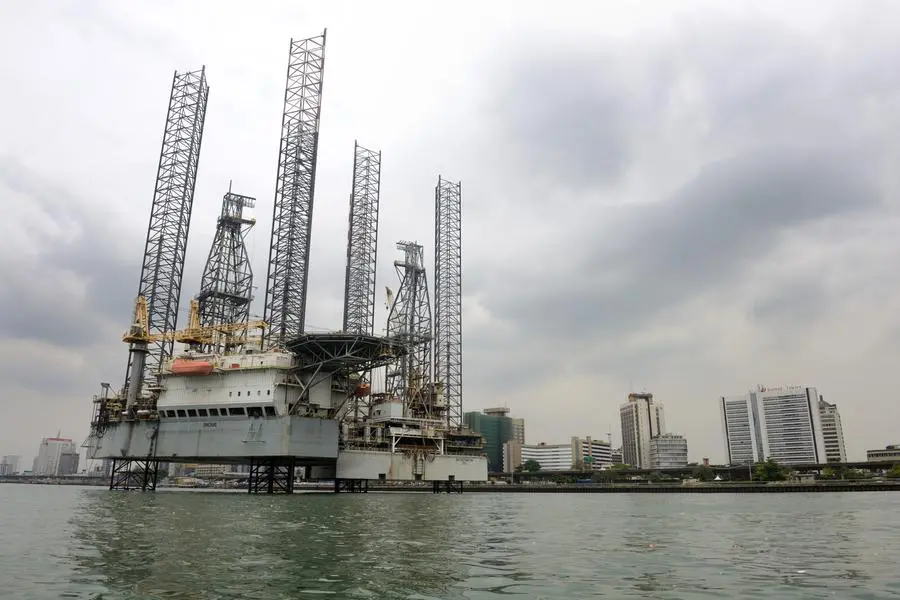PHOTO
ABUJA - Nigeria spent 1.59 trillion naira ($3.83 billion) on fuel subsidies in the first half of the year and accrued a $1.2 billion funding shortfall for oil and natural gas projects, a report by state oil company NNPC showed this week.
The report, which was presented to the Federation Accounts Allocation Committee (FAAC) on Tuesday and seen by Reuters, underscores Nigeria's budgetary trouble from spiralling fuel costs and limited oil production.
The document showed that as a result of rising subsidy costs, NNPC had not remitted money to federal accounts all year.
Last year, Nigeria was spending about 100 billion naira per month on fuel subsidies.
NNPC did not immediately respond to a request for comment.
Nigeria, Africa's biggest oil producer, delayed eliminating fuel subsidies in January amid rising inflation in the run-up to next year's presidential election.
The country imports all of its refined products because local refineries have been mothballed for years.
In April, President Muhammadu Buhari requested an additional 4 trillion naira to cover subsidies due to higher fuel prices following Russia's invasion of Ukraine. That money is meant to last until the end of his administration in late May.
Nigeria's oil production, which typically provides half of government revenue and more than 90% of its foreign exchange, has faltered in the past two years due to low investment and theft from pipelines.
Industry sources say that delays in NNPC's "cash calls", or funding obligations to its joint-venture projects, also limit oil company investment on maintenance and increasing production.
(Reporting by Camillus Eboh, Writing by Libby George, Editing by Helen Popper)




















